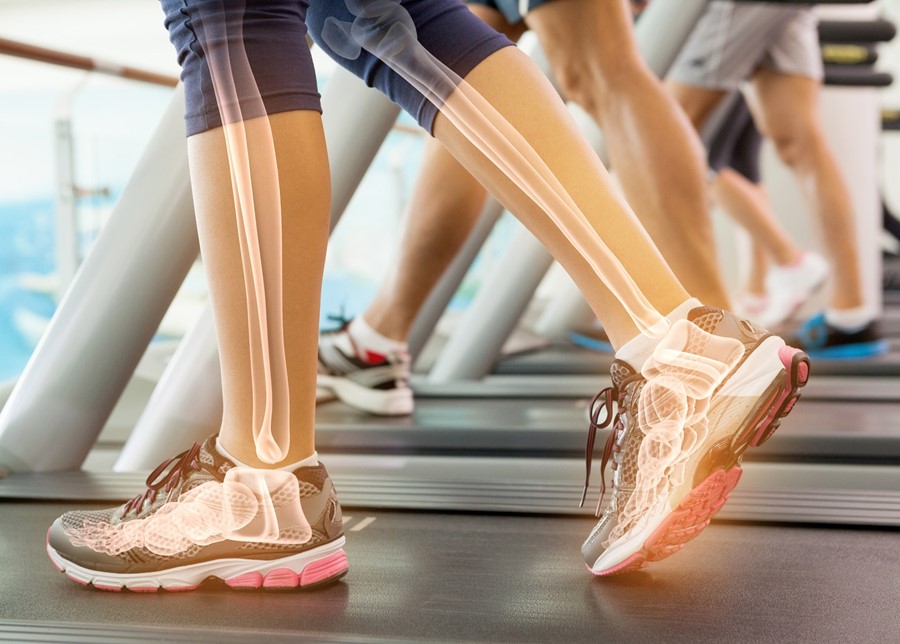Concerned about Bone Mass Density?
If you’ve been recommended Calcium Supplements to improve your bone mass density, you could quite possibly be making matters worse. Why? Because most calcium supplements are made of calcium carbonate, an inorganic form of calcium that we better know as blackboard chalk. Calcium and Magnesium are often created in 1 product for bone support, but in their inorganic state they end up competing with each other for absorption, reducing further the absorbability of both essential minerals.
All in 1 product - Foodstate Joint & Bone Formula
There are a variety of nutrients that contribute to joint health. The main minerals for healthy bones are calcium, phosphorus and magnesium, but the vitamins D and C are also directly involved by helping in the absorption of calcium (vitamin D3) and the manufacture of collagen (vitamin C) to bind bone cells together. Other minerals also involved in bone are Iron, Zinc, Copper, Silicon and Sulphur. B-vitamins, especially B6 and folic acid can also be beneficial because they improve blood supply for delivering nutrients to bones. What is more, phosphorus is inexplicably linked with Calcium in Food State (as phosphorylated calcium) ensuring both are in a form that can be readily absorbed and utilised. In fact all foodstate nutrients work in complete harmony with each other, as they do in live food.

Diet Tip: Protein consumption in general is an important factor in bone nutrient absorption. There is a direct correlation between meat consumption and bone loss, with women over 50 excreting twice as much calcium if they are heavy meat eaters as those who are not. Well-balanced vegetarian diets result in less cases of osteoporosis, and replacing meat protein in the diet with plant-based proteins may be beneficial to bone health. Try beans, soya, nuts, seeds and our Organic Pea Protein instead of meat to provide more bone-friendly protein. Women who consume soya regularly (e.g. in Japan) have very little osteoporosis.







